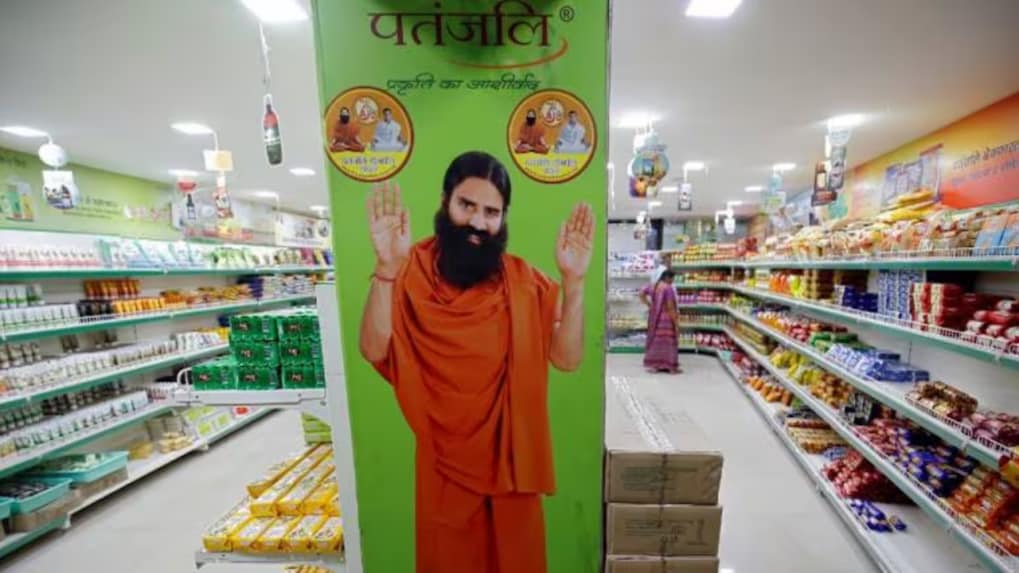How it Works
WPP, Havas, Omnicom: Are advertising’s biggest holdcos recasting agencies as AI Operating Systems?

Patanjali Ayurved's advertisement and sales promotion expenses mounted by 145.3 percent to Rs 424.7 crore in FY24. The company's ad expenses were Rs 173 crore in FY23. The FMCG brand said that it will continue to strengthen its brand strength by onboarding brand ambassadors and increasing media spending.
"The company is determined to expand the strength of its brands through numerous activities – including onboarding brand ambassadors and increased media spends," the company said in its latest annual report.
According to Patanjali, "Fibre atta biscuits emerged as a significant player in India’s biscuits sector under the name Doodh, with a brand value surpassing Rs 1,000 crore".
Notably, Patanjali's profit declined by 13% from Rs 886 crore in FY23 to Rs 765 crore in the previous fiscal year. The Ayurveda company attributed the loss to an increase in "employee cost, depreciation, and other expenses". The company's permanent employees headcount is 4,197 and the permanent workers count is 1,365.
Patanjali's exports also declined by 39% to Rs 323 crore in FY2024 from Rs 530.7 crore in FY23 due to "intense competition in the international market," the Hardiwar-based firm said.
Patanjali's edible oils declined from 80.3% (in FY23) to 69.7% (FY24). On the other hand, the revenue shares of the food and FMCG increased to 30.1% (FY24) from 19.5% (in FY23). The revenue from food and FMCG segment stood at Rs 9,643.32 crore in FY24.
"We have intensified our focus on increasing the revenue mix of our food and FMCG segment, which now contributes approximately 30% to the total revenue, up from around 20% last year," the company said.
From purpose-driven work and narrative-rich brand films to AI-enabled ideas and creator-led collaborations, the awards reflect the full spectrum of modern creativity.
Read MoreThe Storyboard18 Awards for Creativity have unveiled a Grand Jury comprising some of India’s most influential leaders across advertising, business, policy and culture, positioning it among the country’s most prestigious creative award platforms.